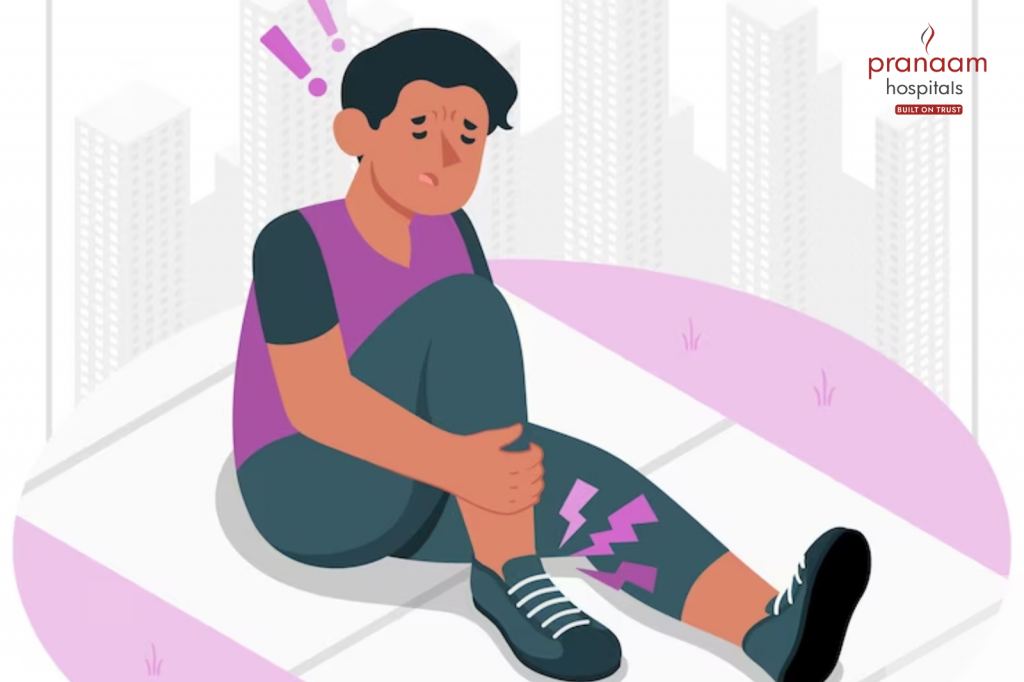Nighttime leg cramps, also known as nocturnal leg cramps, occurring during sleep or prolonged inactivity, cause intense pain and muscle tightness, often in the calf muscles. Approximately 60% of adults experience these sudden, painful cramps, thought to result from excessive nerve signals to the muscles. This leads to an uncomfortable feeling of muscle contraction or knotting. These cramps, lasting seconds to minutes, may leave lingering muscle soreness. Interestingly, they tend to be more prevalent in warmer months due to increased vitamin D levels from sun exposure, aiding muscle growth and repair. Common in individuals over 50, age-related nerve cell decline may contribute to the occurrence of these cramps.
Leg cramps can be caused by various factors.
While the exact cause is not always clear, some common reasons for leg cramps at night include:
Dehydration: Insufficient fluid intake can lead to dehydration, affecting muscle function and increasing the likelihood of cramps.
Electrolyte Imbalance: Low levels of minerals such as potassium, calcium, and magnesium can contribute to muscle cramps. An imbalance in electrolytes can disrupt muscle contraction and relaxation.
Overexertion: Intense physical activity or overuse of leg muscles during the day, especially if you’re not accustomed to the exercise, may result in nighttime leg cramps.
Pregnancy: Leg cramps are a common symptom of pregnancy, especially in the second and third trimesters for expectant mothers. The exact cause is unclear but may be related to changes in circulation and increased pressure on leg nerves.
Age: Older adults are more prone to leg cramps, and the exact reasons are not fully understood. It may be related to changes in muscle mass, circulation, or nerve function associated with aging.
Inadequate Blood Circulation: Conditions like peripheral artery disease (PAD) or atherosclerosis can result in diminished blood circulation to the legs, heightening the susceptibility to cramps.
Medication Influence: Diuretics, statins, and other drugs may play a role in electrolyte imbalances or dehydration, elevating the chances of experiencing leg cramps.
Nerve Compression: Compression of nerves in the spine, such as with lumbar stenosis, may lead to leg cramps.
Neuromuscular Disorders: Conditions like motor neuron disease or neuropathy may affect nerve signals to the muscles, potentially causing cramps.
Sitting or Standing for Prolonged Periods: Maintaining the same position for a long time, whether sitting or standing, may contribute to leg cramps.
Here are some tips to prevent nighttime leg cramps:
If cramping persists, consult your doctor to rule out any underlying medical conditions.
If nighttime leg cramps persist or become severe, it’s advisable to consult with a healthcare provider to determine the underlying cause and receive appropriate treatment.


